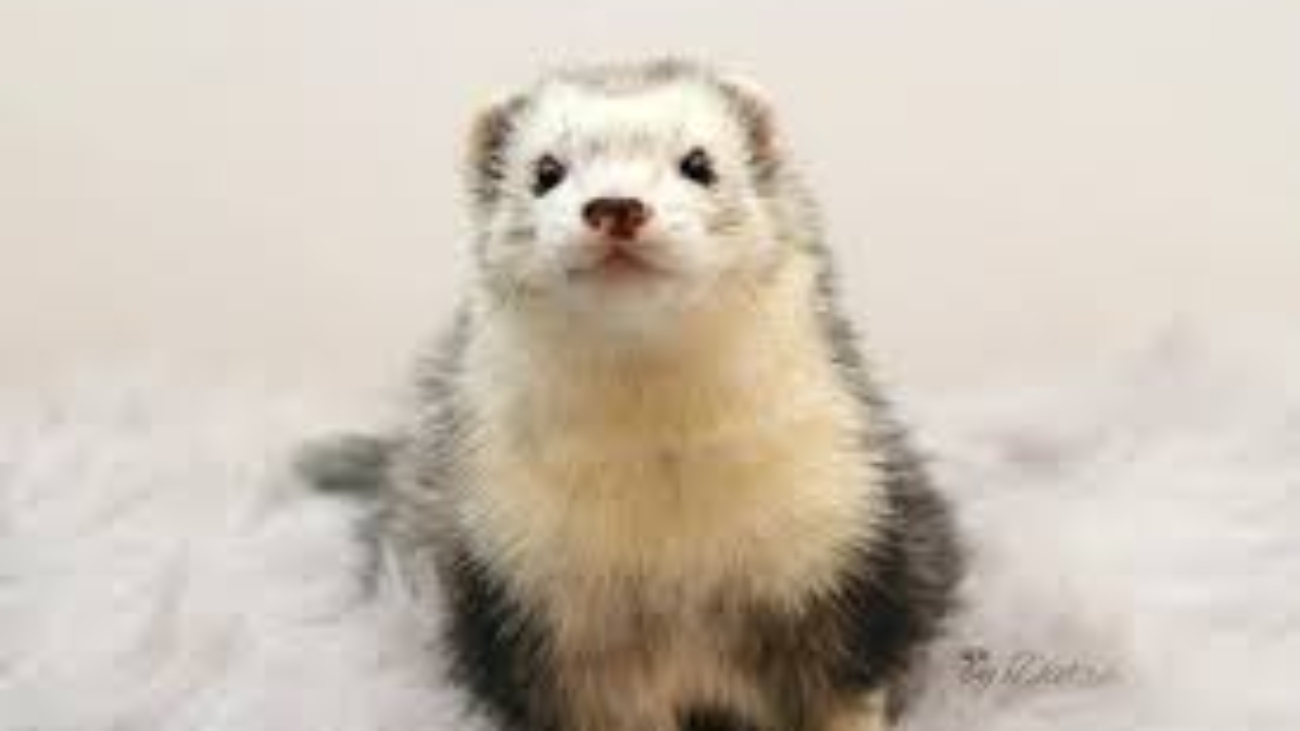Marshalls Ferrets, Ferrets are captivating creatures known for their playful nature and curious personalities. Among the various ferret breeds, Marshalls Ferrets stand out as popular choices for pet lovers worldwide. In this article, we delve into everything you need to know about Marshalls Ferrets, from their origins to their care requirements and more.
Origins of Marshalls Ferrets
Marshalls Ferrets are named after Marshall Farms, a renowned breeder of these lovable animals. The breeding program at Marshall Farms focuses on producing healthy, well-socialized ferrets that make excellent companions. As a result, Marshalls Ferrets are known for their friendly demeanor and adaptability to various living environments.
Physical Characteristics
Marshalls Ferrets typically have a sleek and muscular build, with fur that comes in a range of colors including sable, albino, cinnamon, and silver. They have a playful bounce in their step and expressive eyes that reflect their inquisitive nature. On average, Marshalls Ferrets weigh between 1 to 2.5 pounds and measure around 15 to 20 inches in length, including their tail.
Temperament and Behavior
One of the key reasons why Marshalls Ferrets are beloved pets is their engaging personality. They are highly social animals that enjoy interacting with humans and other pets, making them great additions to multi-pet households. Marshalls Ferrets are known for their playful antics, from chasing toys to engaging in “war dances” that involve playful leaps and twists.
Housing and Habitat
When bringing home a Marshalls Ferret, it’s essential to create a comfortable and safe living environment. A spacious cage with multiple levels, hammocks, and toys for enrichment is ideal. Ensure that the cage has secure locks and escape-proof features, as ferrets are notorious escape artists. Additionally, provide plenty of opportunities for exercise and mental stimulation through supervised playtime outside the cage.
Diet and Nutrition
A balanced diet is crucial for the health and well-being of Marshalls Ferrets. Their diet primarily consists of high-quality ferret food that is rich in protein and fat. Avoid feeding them dog or cat food, as these do not meet their nutritional requirements. Fresh water should always be available, and treats can be given in moderation as rewards for good behavior.
Health Care and Veterinary Needs
Regular veterinary check-ups are essential for Marshalls Ferrets to ensure they remain healthy and free from common ailments like respiratory infections and dental issues. They should also receive vaccinations against diseases like rabies and distemper. Keep their living space clean and provide appropriate bedding to prevent the spread of parasites and bacteria.
Training and Socialization
Marshalls Ferrets are intelligent animals that can be trained using positive reinforcement techniques. Start with basic commands like “come” and “stay” and reward them with treats and praise. Socialize them early with people and other pets to help them develop good manners and reduce aggression or fearfulness.
Conclusion
In conclusion, Marshalls Ferrets make wonderful pets for those willing to provide them with love, care, and a stimulating environment. Their playful nature, friendly demeanor, and adaptability make them cherished companions for ferret enthusiasts of all ages. Whether you’re a first-time ferret owner or an experienced ferret enthusiast, Marshalls Ferrets are sure to steal your heart with their charm and charisma.

